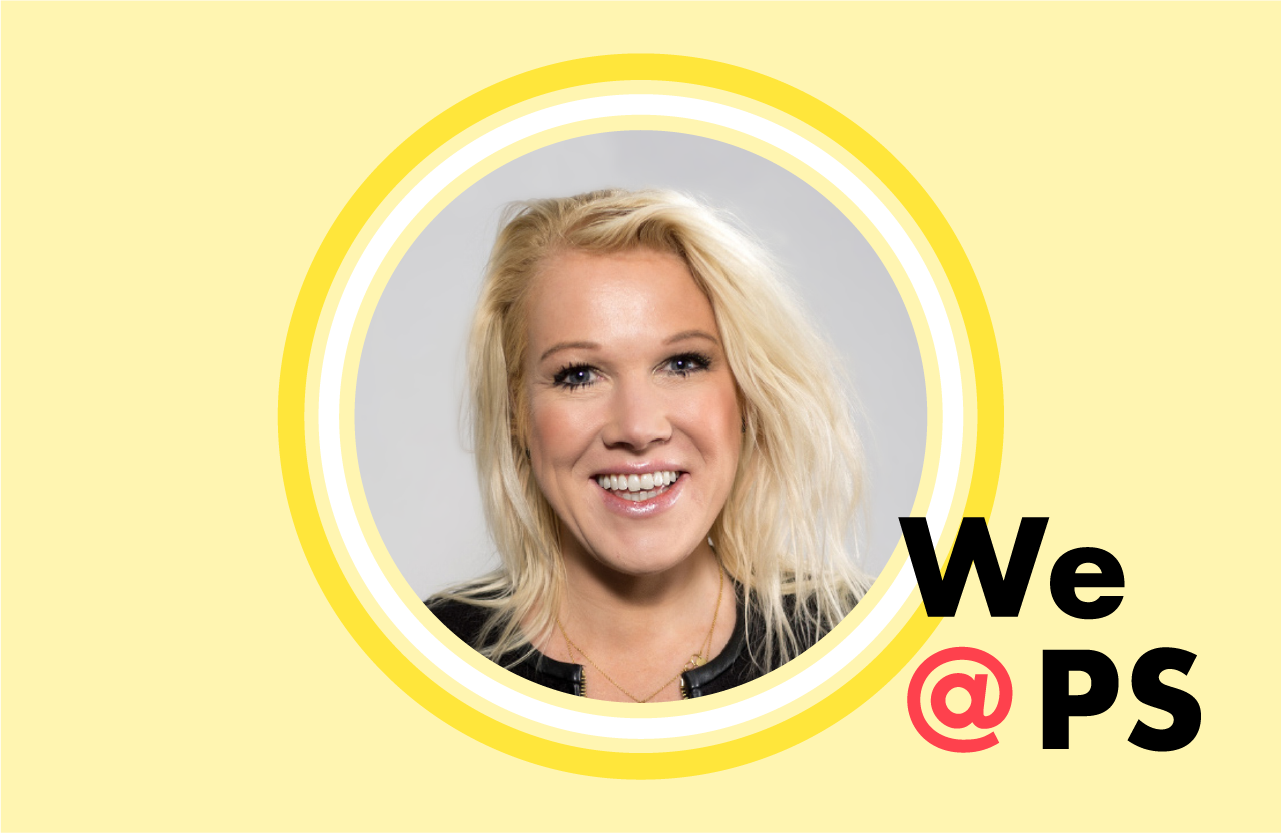The support and care we give to our working mothers has a direct affect on our ability to do good work that impacts the world around us. Here are just a few ways that we support our working mothers at Publicis Sapient, directly from a few members of our global workforce.
1. Representation
Inclusive business cultures and policies often prove to be more productive and profitable. Companies with gender-balanced leadership are almost 20% more likely to have enhanced business outcomes and a 60% greater ability to attract and retain top talent (Source).
Vicki Zoll, Senior Director Program Management, Germany
Vicki Zoll will be the first to tell you that returning to work after having children is not easy. And unfortunately, for many women, they aren’t given control over when and how they return. “The fact that I’m grateful [for the support that my company showed me during my return to work journey] is a little contradictory because it should be a given that women can come back when they want to.” But unfortunately, it’s not a standard at all companies.
Vicki does feel lucky though to have had the opportunity to create the balance she needed and evolve it over time, starting her return slowly and building it back up to full time when she was ready.




